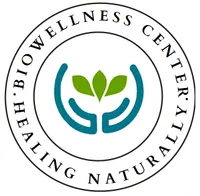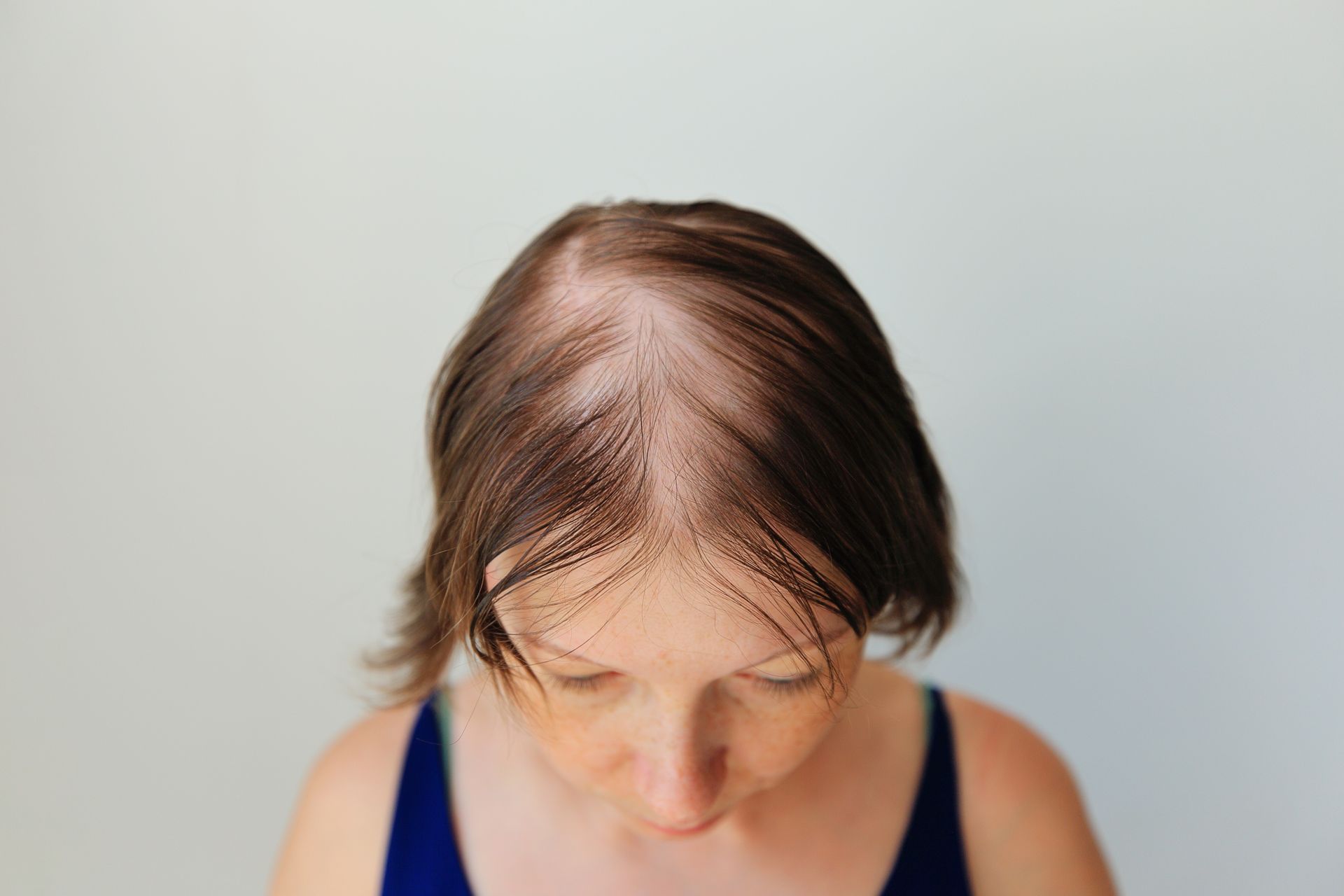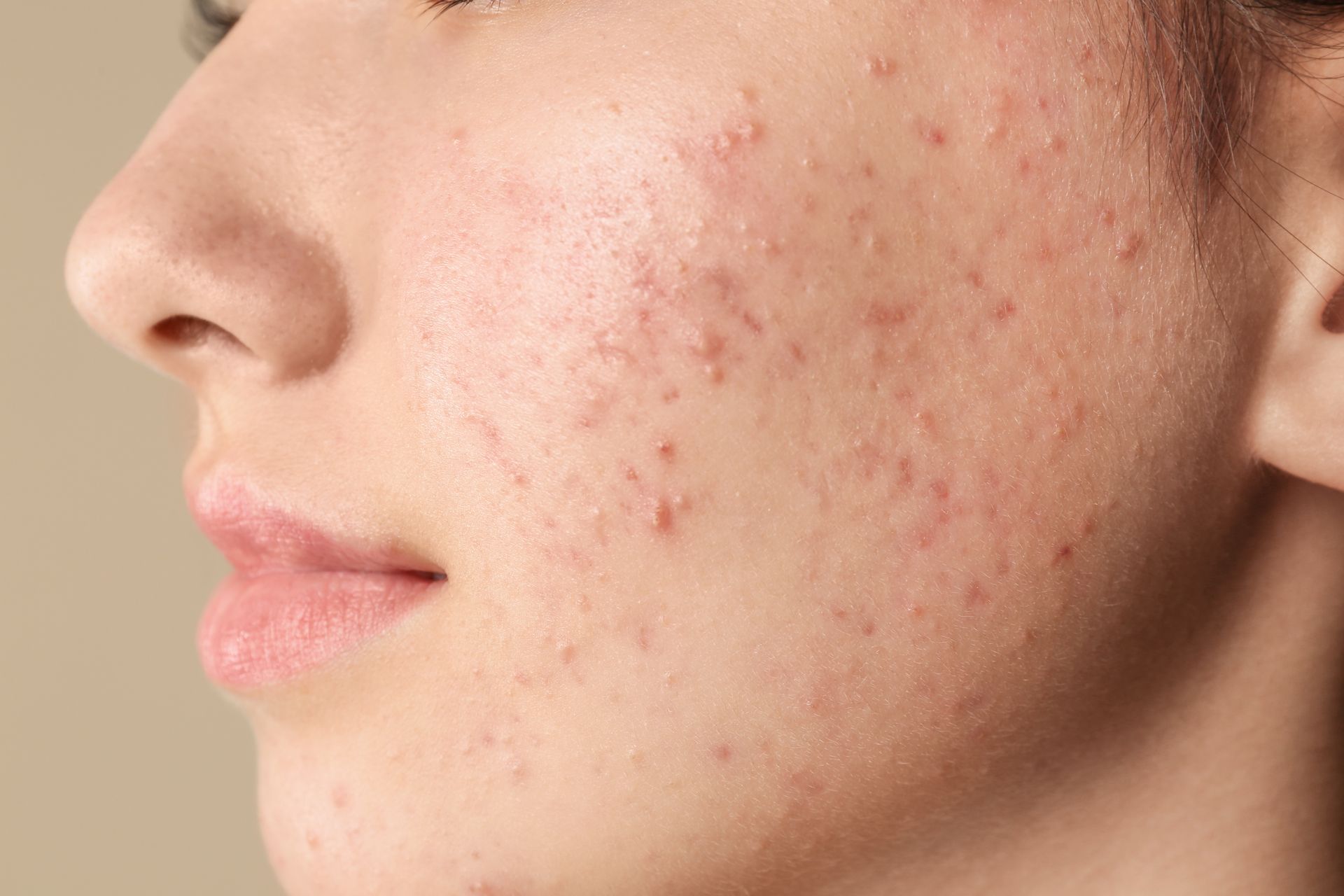Nutritional Supplements for PCOS Management: A Systematic Review and Network Analysis
Nutrient Support for PCos
WHAT IS PCOS
Nutritional Supplements for PCOS Management: A Systematic Review and Network Analysis
SYMPTOMS OF PCOS
- Irregular menstrual cycles
- Excess androgen (male hormone) levels, leading to hirsutism (excess body hair)
- Acne
- Weight gain or difficulty losing weight
- Thinning hair on the scalp
- Multiple small cysts on the ovaries (though not all women with PCOS have cysts)
A RECENT STUDY
A recent PeerJ publication presented a comprehensive systematic review and network analysis of randomized clinical trials investigating nutritional therapies for polycystic ovarian syndrome (PCOS) in women. The study encompassed 41 trials involving over 2,300 participants. Through network analysis, researchers compared the effects of eight different nutritional supplements on endocrine function and glucolipid metabolism outcomes, including BMI and fasting plasma glucose. The evaluated supplements were selenium, chromium, carnitine, inositol, CoQ10, omega-3 fatty acids, probiotics, and vitamin D.
The study revealed various effects of different supplements:
- Weight and BMI: Carnitine showed the most significant reduction, with inositol and probiotics also outperforming placebo.
- Fasting glucose: Omega-3 fatty acids were most effective, followed by probiotics and CoQ10.
- Insulin levels and sensitivity: Chromium had the greatest impact on fasting insulin and HOMA-IR, while selenium showed the most improvement in QUICKI measure.
- Serum lipids: CoQ10 was most beneficial, significantly reducing triglycerides, total cholesterol, and LDL cholesterol. Chromium and probiotics also lowered triglycerides, while chromium and vitamin D decreased total cholesterol.
- No significant differences were observed between any supplements and placebo for HDL-C, sex hormone binding globulin, total testosterone, or C-reactive protein.
The study authors acknowledged several limitations in their review:
- Inconsistencies in dosing and treatment duration across studies
- Uneven distribution of studies for different supplements (e.g., 12 studies for vitamin D, but only one each for carnitine and inositol)
Despite these constraints, the review offers valuable insights that may:
- Guide future research and clinical approaches
- Contribute to the development of more targeted interventions for women with PCOS
This analysis serves as a stepping stone for further investigation into nutritional therapies for PCOS management.
Metabolic effects:
- Insulin resistance
- Increased risk of type 2 diabetes
- Higher risk of cardiovascular disease
Fertility: PCOS is a leading cause of infertility in women.
Diagnosis: Typically diagnosed based on a combination of symptoms, physical examination, blood tests, and sometimes ultrasound imaging.
Prevalence: Affects approximately 6-12% of women of reproductive age.
Causes: The exact cause is unknown, but factors like genetics and excess insulin may play a role.
Treatment: Management often involves lifestyle changes, medications, and sometimes fertility treatments, depending on the individual's symptoms and goals.
PCOS is a complex condition that can affect various aspects of a woman's health, and its management often requires a multifaceted approach tailored to each individual's needs.
New Paragraph











